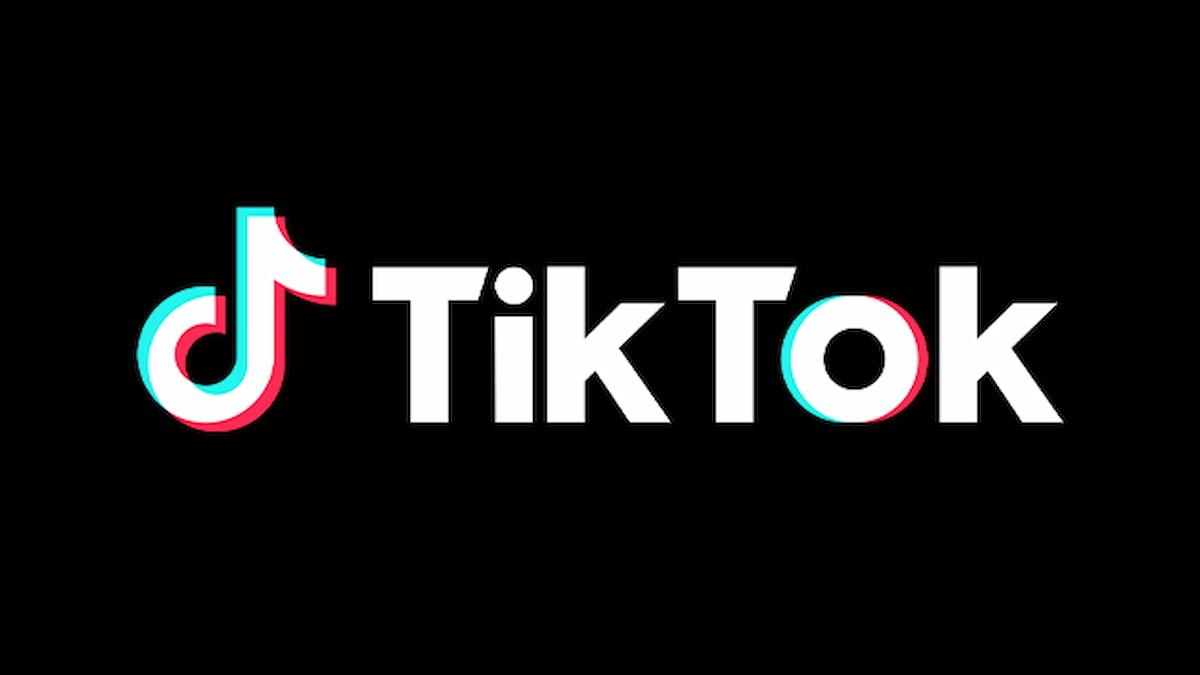In the hyper-competitive world of social media, TikTok has ruled supreme for a while now. But on March 13, 2024, the U.S. House of Representatives passed a bill that might change that.
Why would Republican and Democrat Representatives have a problem with TikTok, the domain of Gen Z content creators? TikTok is owned by the Chinese company ByteDance, linked to the Communist Party. And Communists with possible access to reams of personal data via TikTok could create national security issues, according to many U.S. politicians.
That’s why Senator Tom Cotton (R-AR) cringe-grilled TikTok CEO Chew Shou Zi at a 2024 Senate hearing about those purported links to the Chinese Communist Party — and that’s also when Cotton failed to realize the difference between China and Singapore, Chew’s home country.
On that topic, Representative Cathy McMorris Rodgers (R-WA), who helped draft the TikTok bill, said, “Through this access, the app is able to collect nearly every data point imaginable, from people’s location to what they search on their devices, who they are connecting with, and other forms of sensitive information.”
(To be fair, ByteDance is under investigation by the U.S. Department of Justice for snooping on American journalists. TikTok has, however, already vowed to protect sensitive U.S. data from its parent company.)
There’s still hope for TikTok
The TikTok U.S. House bill seeking to address those national security threats is the Protecting Americans from Foreign Adversary Controlled Applications Act. U.S. lawmakers call it a targeted bill and say their objective is not to ban TikTok but to protect Americans.
A TikTok spokesperson responded, “This bill is an outright ban of TikTok, no matter how much the authors try to disguise it. This legislation will trample the First Amendment rights of 170 million Americans and deprive 5 million small businesses of a platform they rely on to grow and create jobs.”
Though the bill has passed the House, TikTok’s not necessarily over. ByteDance is asked in the bill to divest itself from the app in 180 days, or TikTok might get banned from U.S. app stores, NBC News reported.
What’s next?
The recently passed Protecting Americans from Foreign Adversary Controlled Applications Act advanced out of committee on March 7, 2024, in a 50-0 vote, as House Speaker Mike Johnson (R-LA) announced his support. About a week later, it passed the House in a 352 to 65 vote. One House Representative voted “present.”
Now that the bill passed the House, it’s far from becoming law. According to The New York Times, it next goes to the Senate, and to date, Senate Majority Chuck Schumer has not yet committed to bringing it to a vote.
Should the bill pass the Senate, the legislation would end up on President Joe Biden’s desk to get signed into law. The White House has signaled support without fully endorsing it. So, there’s no reason to give up on TikTok just yet.

